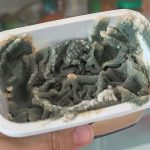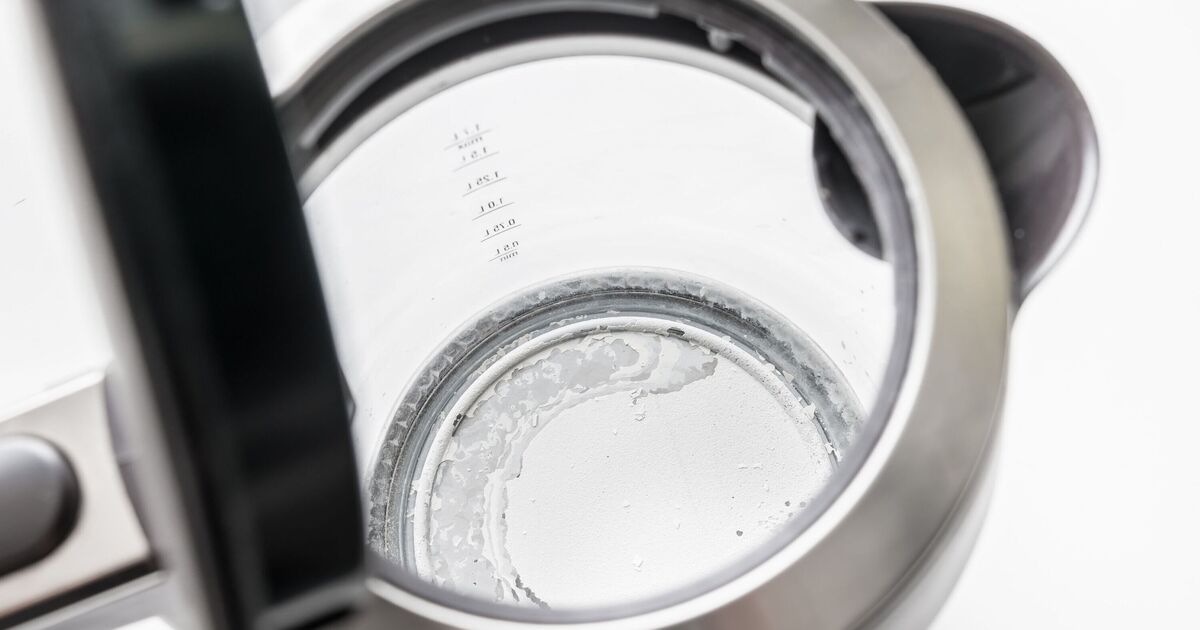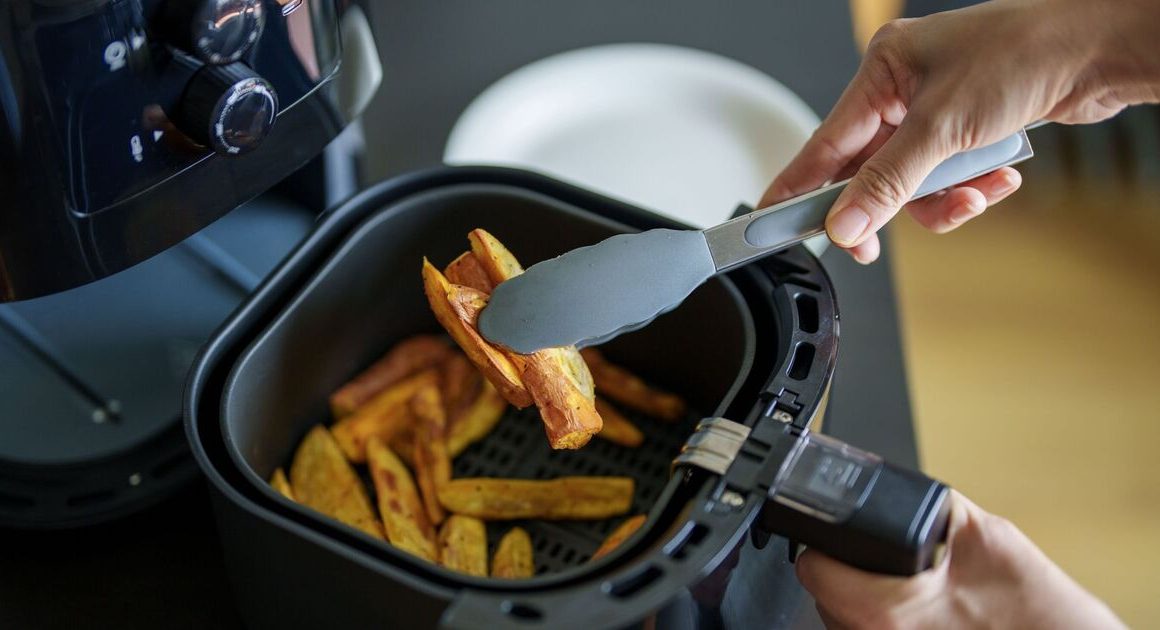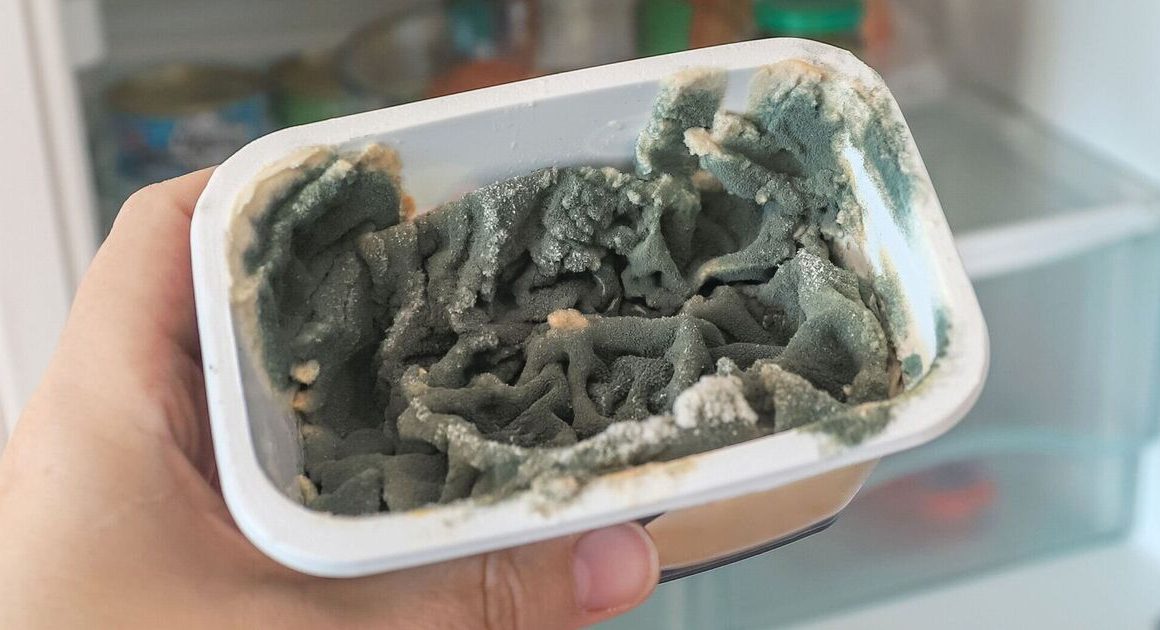Limescale in your kettle can not only spoil your drink but also shorten the life of your appliance, eating away at the elements and creating corrosion.
Kettle limescale is caused by hard water, which is rich in minerals such as calcium and magnesium. To test if you have hard water, put a small amount of soap into a water bottle and fill it halfway with water. Shake the bottle vigorously.
If you have frothy, bubbly water, chances are you have soft water. If you have cloudy milky water and dull bubbles most likely you have hard water.
After giving up on store-bought kettle descales that take a lot of time, one woman decided to try a home remedy.
Instead of going for white vinegar, something many cleaning fans typically opt for, Jodie Prosser used a lemon and the results left her “shocked”.
Posting her results on the Mrs Hinch Cleaning Tips and Tricks Facebook page, she said: “Omg! I tried the lemon kettle descaler hack and I’m shocked!
“This is a forever game-changing life hack! I bought the tablets from B&M, but you have to soak one tablet for 40 minutes before you can even start boiling the kettle!
“This lemon hack only took me under five minutes and worked way better than I expected.”
Alison Bailey commented: “I use lemons to clean my kettle, but you have to go easy with it. I add it to a kettle full of water, then boil it a couple of times, rinse and bingo.
“If you use too much lemon juice it can boil over, and I’m convinced I killed one kettle by using too much as it started to leak from the bottom (plastic kettle) after I went overboard using a whole bottle of lemon juice.”
Catherine Field wrote: “Lemons are brilliant for kettles, but sometimes I use citric acid because I find it easier to use.”












